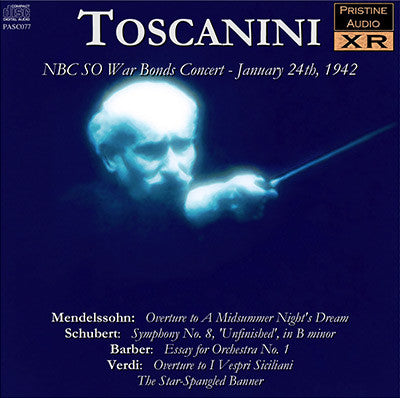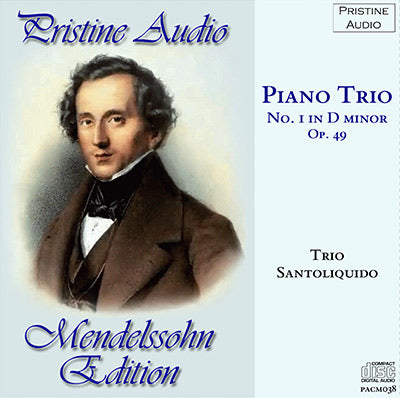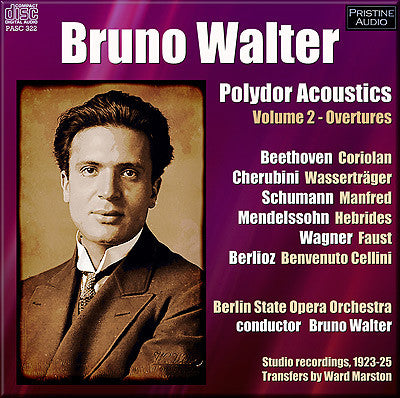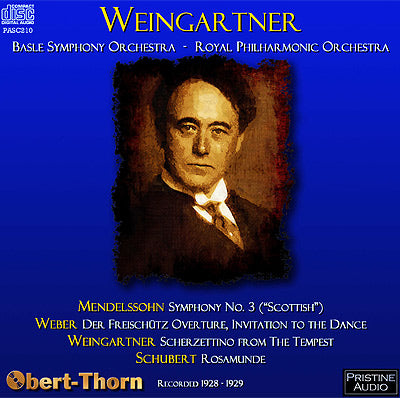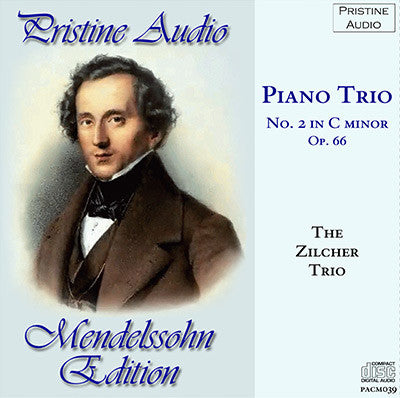Mendelssohn
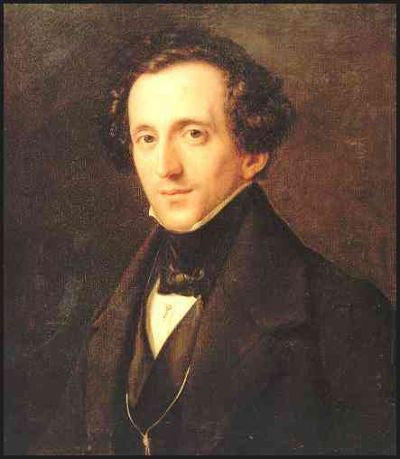
A grandson of the philosopher Moses Mendelssohn, Felix Mendelssohn was born into a prominent Jewish family. He was brought up without religion until the age of seven, when he was baptised as a Reformed Christian. Mendelssohn was recognised early as a musical prodigy, but his parents were cautious and did not seek to capitalise on his talent.
Mendelssohn enjoyed early success in Germany, where he also revived interest in the music of Johann Sebastian Bach, and in his travels throughout Europe. He was particularly well received in Britain as a composer, conductor and soloist, and his ten visits there – during which many of his major works were premiered – form an important part of his adult career. His essentially conservative musical tastes, however, set him apart from many of his more adventurous musical contemporaries such as Franz Liszt, Richard Wagner, Charles-Valentin Alkan and Hector Berlioz. The Leipzig Conservatoire (now the University of Music and Theatre Leipzig), which he founded, became a bastion of this anti-radical outlook.
Mendelssohn wrote symphonies, concerti, oratorios, piano music and chamber music. His best-known works include his Overture and incidental music for A Midsummer Night's Dream, the Italian Symphony, the Scottish Symphony, the overture The Hebrides, his mature Violin Concerto, and his String Octet. His Songs Without Words are his most famous solo piano compositions. After a long period of relative denigration due to changing musical tastes and antisemitism in the late 19th and early 20th centuries, his creative originality has now been recognised and re-evaluated. He is now among the most popular composers of the Romantic era.

Mendelssohn
A grandson of the philosopher Moses Mendelssohn, Felix Mendelssohn was born into a prominent Jewish family. He was brought up without religion until the age of seven, when he was baptised as a Reformed Christian. Mendelssohn was...
MENDELSSOHN Overture to A Midsummer Night's Dream
SCHUBERT Symphony No. 8, 'Unfinished', in B minor
BARBER Essay for Orchestra No. 1
VERDI Overture to I Vespri Siciliani
Recorded in 1942
Duration 51:09
NBC Symphony Orchestra
conducted by Arturo Toscanini
MENDELSSOHN Piano Trio No. 1 in D minor, op. 49
Recorded 16-21 September, 1953, Beethovensaal, Hannover
Duration 29:11
Ornella Puliti Santoliquido, piano
Arrigo Pelliccia, violin
Massimo Amfitheatrof, cello
Berlin State Opera Orchestra
conductor Bruno Walter
WEBER Der Freischütz – Overture
MENDELSSOHN A Midsummer Night’s Dream – Nocturne
BERLIOZ The Damnation of Faust – Minuet of the Will-o’-the-Wisps
WAGNER Tristan und Isolde – Liebestod
WAGNER Die Meistersinger – Prelude to Act 3
WAGNER Götterdämmerung – Siegfried’s Rhine Journey
WAGNER Siegfried Idyll
R. STRAUSS Death and Transfiguration
Total duration: 76:51
Royal Philharmonic Orchestra
Bruno Walter, conductor
WEBER Der Freischütz - Overture
SCHUBERT Rosamunde, D797 - Entr'acte No. 3
WEINGARTNER The Tempest - Scherzettino
WEBER Invitation to the Dance
MENDELSSOHN Symphony 3
Recorded 1928 and 1929
Total duration: 58:41
Basle Symphony Orchestra
Royal Philharmonic Orchestra
Felix Weingartner, conductor
MENDELSSOHN Piano Trio No. 2 in C minor, op. 66
Recorded in Germany by Homochord in 1930
Duration 30:24
Prof. Dr. Hermann Zilcher, piano
Prof. Adolf Schiering, violin
Prof. Ernst Cahnbley, cello

